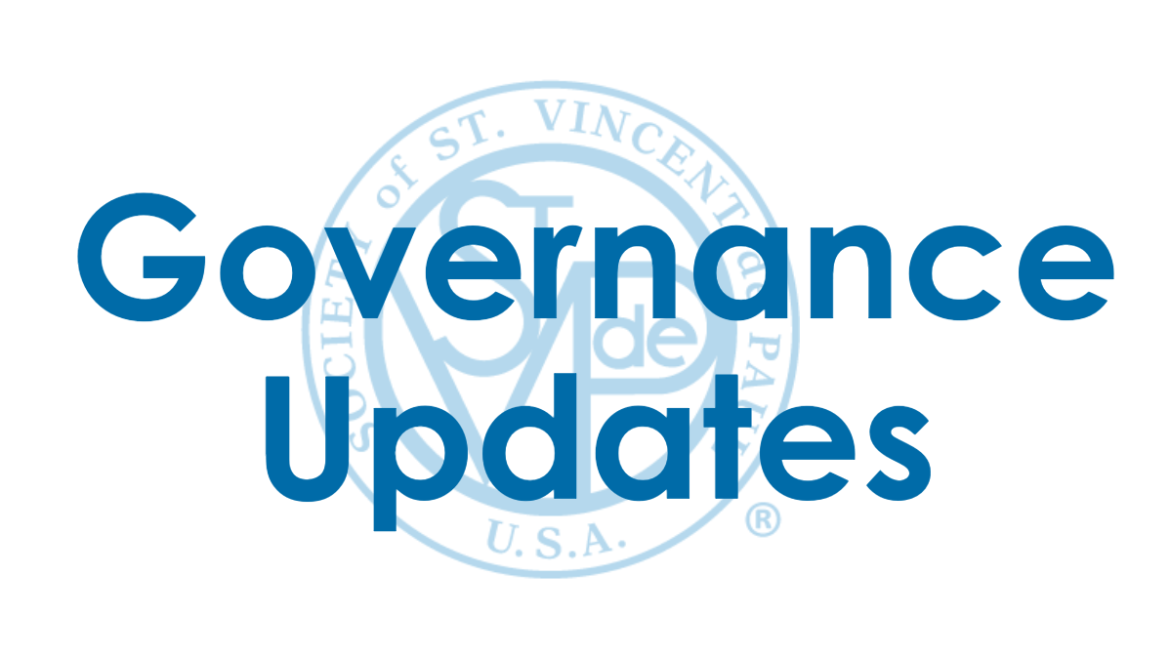From Mike Syslo, Past Chair – National Governance Committee
Am I A Vincentian?
In June 2008, I attended the Western Region Meeting in Boise, Idaho. I was not alone. There were 225 other Vincentians along with me. During the time I spent there, I met with many Vincentians and discussed a wide variety of topics. I also put on a workshop and facilitated two open forums where anything and everything could be discussed. One theme came up over and over again in those discussions. This is also a theme which is continually asked today as well. How do you get the Conferences and the members to adhere to or comply with the Rule?
This is a tough question. And it requires a tough answer. People, in general, have mixed feelings when it comes to rules and regulations. They usually will admit to the value of them. They usually will admit to the need for them. And they normally agree that compliance is necessary; that is, until they want to do something that does not really correspond to the rules. Then it becomes harsh and too restrictive. They did not join the Society to follow the rules. They joined the Society to do some good and do not want to be bogged down with meaningless dos and don’ts. We hear this stuff all the time! I can go into a long, drawn-out dissertation on why rules and regulations are important, but that will get us nowhere. I can take a military point of view and say that if one soldier steps out of line the war will be lost. Nobody is going to buy that. I can talk about unity of thought and action, but that cup only holds a limited amount of water.
It truly boils down to one thing. Ask yourself one question: Am I a Vincentian? To be a Vincentian you have to make a commitment. Here is where the rub comes in. Commitment! Being a Vincentian calls for a number of things to be accepted and come into play. Being a Vincentian means accepting who we are, what we are about, what we do, and how we do it. Being a Vincentian means more than helping people in need. It means growing in holiness, striving to grow closer to God. It means growing closer to our fellow Vincentians. It means serving God through serving those in need. It means a blend of all of the above.
A number of years ago, when searching for the answer to a question, I was referred to John Simmons, former National President of the Society, the guru. If you wanted to know anything about the Society, he was the man to go to. John said that if you call yourself a Vincentian, you want to meet as often as possible with your fellow Vincentians, you want to learn about the Society, you want to understand what this is all about, and you want to help it grow. It is that simple.
If I want to do my own thing, follow my own rules or no rules at all, I can start my own special work or organization. Then all I have to do is get other people who want to join me to follow my rules. I am a Vincentian. I am committed to who we are, what we do and the way we do it. Complying with the Rule not only makes sense, but it is also something I want to do.

